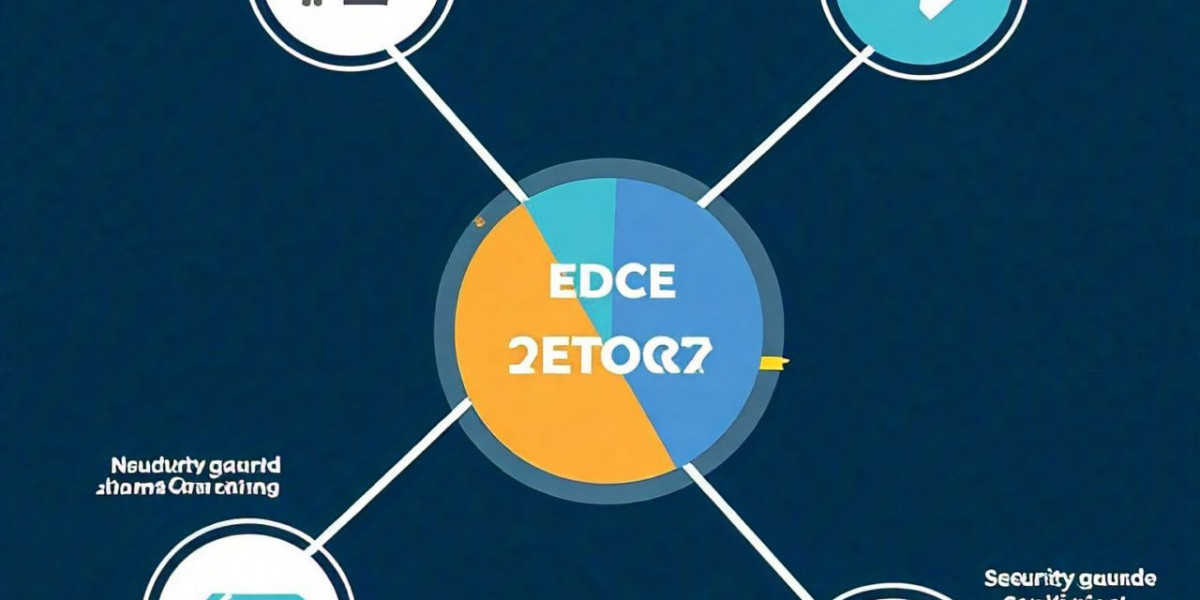Evolution of Security Guard Training & Certification in Australia
Security guard training and certification have undergone significant evolution in Australia over the years. With increasing demands for highly skilled and competent personnel, the industry has embraced advancements that ensure better protection and safety.
Early Days of Security Guarding
In the past, security guarding in Australia was considered a straightforward profession requiring minimal skills. Basic observation and reporting were the core duties, and there was little emphasis on formal training. As the scope of threats evolved, the need for better-trained guards became evident.
The Shift Towards Professionalism
The late 20th century saw a paradigm shift in the security industry. Organizations began emphasizing the importance of professionalism in guarding services. This led to the introduction of training programs tailored to address modern security challenges.
Importance of Standardized Training
Standardized training became essential as the security landscape diversified. Guards were trained in conflict resolution, first aid, and handling emergencies, ensuring they could respond effectively to any situation. Such measures raised the bar for service quality across Australia.
Legal Framework for Security Training
Australia’s security industry is regulated by stringent laws that ensure guards meet specific standards. Licensing requirements now mandate comprehensive training programs to guarantee guards possess the necessary skills to handle diverse responsibilities.
Specialized Training Modules
Modern security training includes specialized modules such as crowd management, surveillance, and cybersecurity awareness. By equipping guards with these skills, the industry ensures they can handle specific tasks effectively, from protecting corporate assets to managing large-scale events.
Certifications: A Mark of Competence
Certifications have become the benchmark for assessing a security guard's competence. Reputable organizations offering security services in Australia only hire certified guards, ensuring clients receive top-notch protection tailored to their needs.
Role of Technology in Training
The integration of technology has revolutionized security guard training. Virtual simulations, AI-based learning tools, and online modules allow trainees to experience real-life scenarios in a controlled environment. This hands-on approach enhances their readiness.
Adapting to Diverse Work Environments
Security guards are now trained to adapt to diverse work environments, from shopping malls to corporate settings. For example, 24/7 Trusted Shopping Mall Security Services in Melbourne ensure guards are equipped to handle crowd dynamics, theft prevention, and emergency evacuations seamlessly.
Continuous Skill Development
The evolution of training doesn’t end with initial certification. Continuous skill development is vital to keeping up with emerging threats. Guards undergo periodic assessments and refresher courses to ensure they stay updated.
Impact of Cultural Awareness
Australia’s multicultural society demands that guards be culturally aware and sensitive. Training programs now include modules on cultural competence, enabling guards to interact respectfully and effectively with people from diverse backgrounds.
Challenges in Security Guard Training
Despite advancements, challenges remain. High costs, varying state regulations, and technological gaps in some areas can hinder training accessibility. Addressing these issues is crucial to maintaining the industry’s growth trajectory.
Benefits of Advanced Certification Programs
Advanced certifications empower guards to specialize in areas like VIP protection and cybersecurity. Such programs not only enhance career prospects but also ensure a higher level of safety for clients and organizations.
Collaboration Between Government and Industry
The government plays a pivotal role in setting industry standards. Collaboration between regulatory bodies and security firms ensures that training programs remain relevant, effective, and compliant with evolving legal frameworks.
Future Trends in Security Training
The future of security training in Australia lies in further integrating AI, machine learning, and predictive analytics. These technologies will refine guards' abilities to anticipate and neutralize threats, setting new benchmarks for excellence in the field.
FAQs
1. Why is certification necessary for security guards in Australia?
Certification ensures that guards possess the skills and knowledge required to handle complex security challenges, adhering to industry standards.
2. What does a typical security guard training program include?
Training programs cover conflict resolution, first aid, surveillance, legal compliance, and cultural sensitivity.
3. How has technology improved security guard training?
Technology introduces tools like virtual simulations and AI-based modules, offering realistic and effective learning experiences.
4. Why is cultural awareness important for security guards?
Cultural awareness helps guards interact effectively and respectfully with diverse populations, fostering better community relations.
5. How do advanced certifications benefit security guards?
Advanced certifications allow guards to specialize in areas like VIP protection and cybersecurity, enhancing career opportunities.
6. What are the key challenges in security guard training?
Challenges include high training costs, varying regulations, and technological gaps in certain areas.







